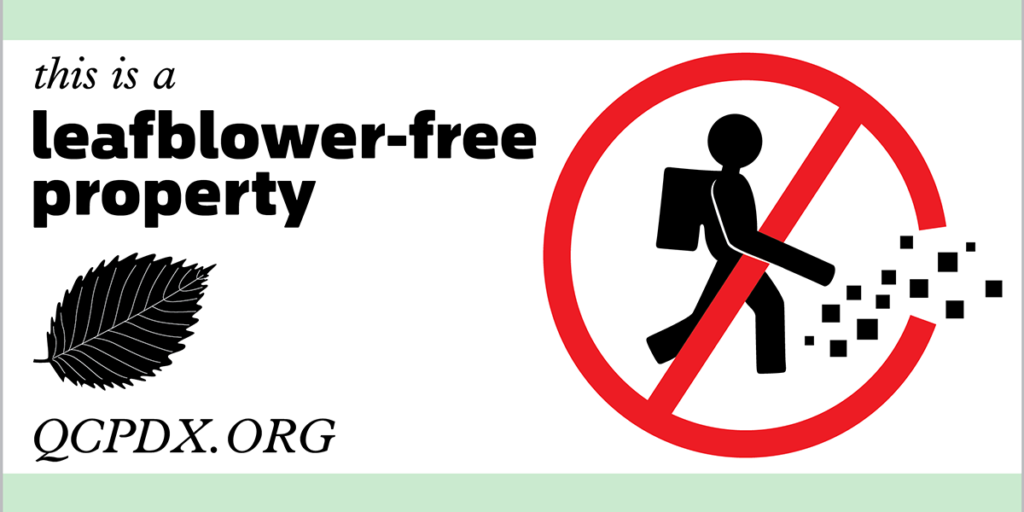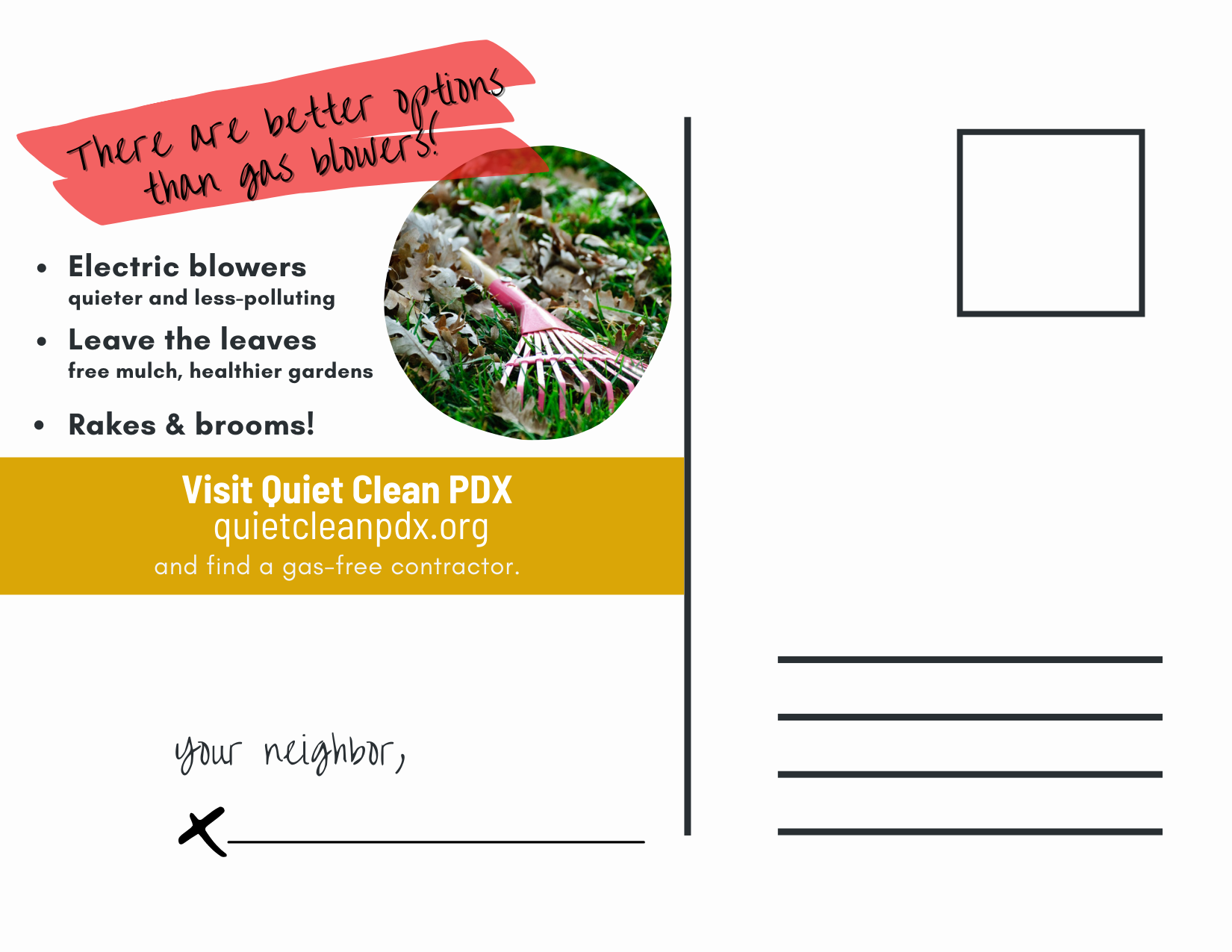 How to Effect Change in Our World
How to Effect Change in Our World
An explanation of my processes, by Albert Kaufman
There are many ways to effect change in the world. You can talk to one person or many with your idea and if you’re persuasive and your idea is a good one you may be able to see a positive result. I have been an activist since I was a teenager (born in 1961), but in the last 22 years or so I have been weaving what I have been learning as a digital marketing professional with what I have learned previously through various organizing efforts I’ve participated in and led. If I had written this even a year ago it would have been a different article, but now it’s 2023 and things are coming into focus for me in a new way. Feel free to take any of this and try it out for yourself and get back to me. I also am always open to feedback – so, add something in the comments section below or send me your thoughts directly.
- Pick something you want to see changed. This is something I learned from Harvey Jackins who started Re-evaluation Counseling. Pick one thread. Dedicate some time to pulling on that thread – possibly for the rest of your life. Usually, for me, this has been something that has bothered me. I imagine that’s a driver for many people. Or, maybe it’s something you’d like to prevent from happening – the climate crisis comes to mind. One of the first issues that really caught my attention and that I have kept high on my list is population growth. Once I learned about ZPG in 1995 that was the thread for me – and I’ve been pulling it ever since. But I think for the purposes of this article I’m going to choose a topic that’s smaller and that I’m actively working on today – Eliminating the use of gas-powered leaf blowers. Do I think that the world has too many people and that that is a major driver of many other problems we face? Yes. But something that will immediately improve my life and those around me is ridding the world of the nuisance that is gas-powered leaf blowers. So, I will continue on with that topic.
- Do some research and see who is doing what on the topic. If you want to effect change locally, you might find either: someone once started something and then dropped it; someone started something and it’s still going, or – someone started something and there is an effort already underway. But, be prepared to become the driver of the movement. Because that’s what it takes. To really make a change you have to put yourself in there. I’ve made this mistake in the past – joining a group that once existed, and it took me a while to realize that no one was really pulling the oars anymore. So, once you’ve sussed out where the issue is, get ready for action.
- Start an email list. This can also be called an email newsletter. Yes, you can start a Facebook page or group, but really, you’ll want a way that you can send your growing group of supporters information from time to time and thus suss out who might be interested in joining your effort and what their level of interest and strengths are. Personally, I use Constant Contact (affiliate link). I’ve been a partner of theirs since 2008 and have spent years teaching small businesses and nonprofits how to create newsletters and build email lists. That said, any (email service provider) ESP will do. Here is a list of some of the others. I’ve written newsletters over the years that explain why email marketing is one of the highest returns on investment (ROI) in digital marketing. It’s probably the highest. The main reason is that when you send a newsletter to an interested audience (people who have signed up to receive the news) the open rates are often very high. For our effort to eliminate leaf blowers in Portland, Oregon an open rate of our newsletter of 60-80% is not unusual.
- Build your Email List. Here are some of the common ways to do that: Figure out a link for people to sign up for the newsletter – add that to your email signature – post it to any social media you might also have for your effort – create an autoresponder so that when someone signs up for your list they receive a welcome note that has action steps they can take – create a newsletter and get ready to send it out. This link can also be placed on your website and in any communication you make on the topic, for instance on Nextdoor.com.
- Once you have this system in place you can continue to build your list through other tools such as online polls and online surveys. Polls can include a newsletter sign-up link and/or can be sent as an update to signors. Surveys are a fantastic way to further segment your list to find out more about who is there and what they are available to do. Eventually, you will have people drawn to your cause and you can continue to think of further ways to organize your efforts. By this time you may have also found other people who are as committed to the issue as you are, but don’t ever count heavily on people staying with the issue as you are doing. That will just lead to disappointment – people’s interest rises and falls – you have to be the steady one. If you do find others who are as excited as you are about the effort – try to start gathering with them regularly. Currently, that’s going to be virtually – but that’s fine and works! As you go, you may find a way to train others in what you’ve learned along the way, but you may need to stay a leader for a long time. Take breaks. Have fun with it. I always enjoy mixing fun with activism – that’s part of what’s enabled me to stick with it over the years. Celebrate successes. Even small ones!
- Keep pulling on the thread 🙂 Follow DC’s lead!
References

@KateWiddowsGraphicDesigner
- 2 Online petitions on the topic – Portland. Oregon.
- Newsletter sign-up
- Website for Quiet Clean PDX
- Facebook Page
- Facebook Group – more important
- November 2023 Newsletter.










